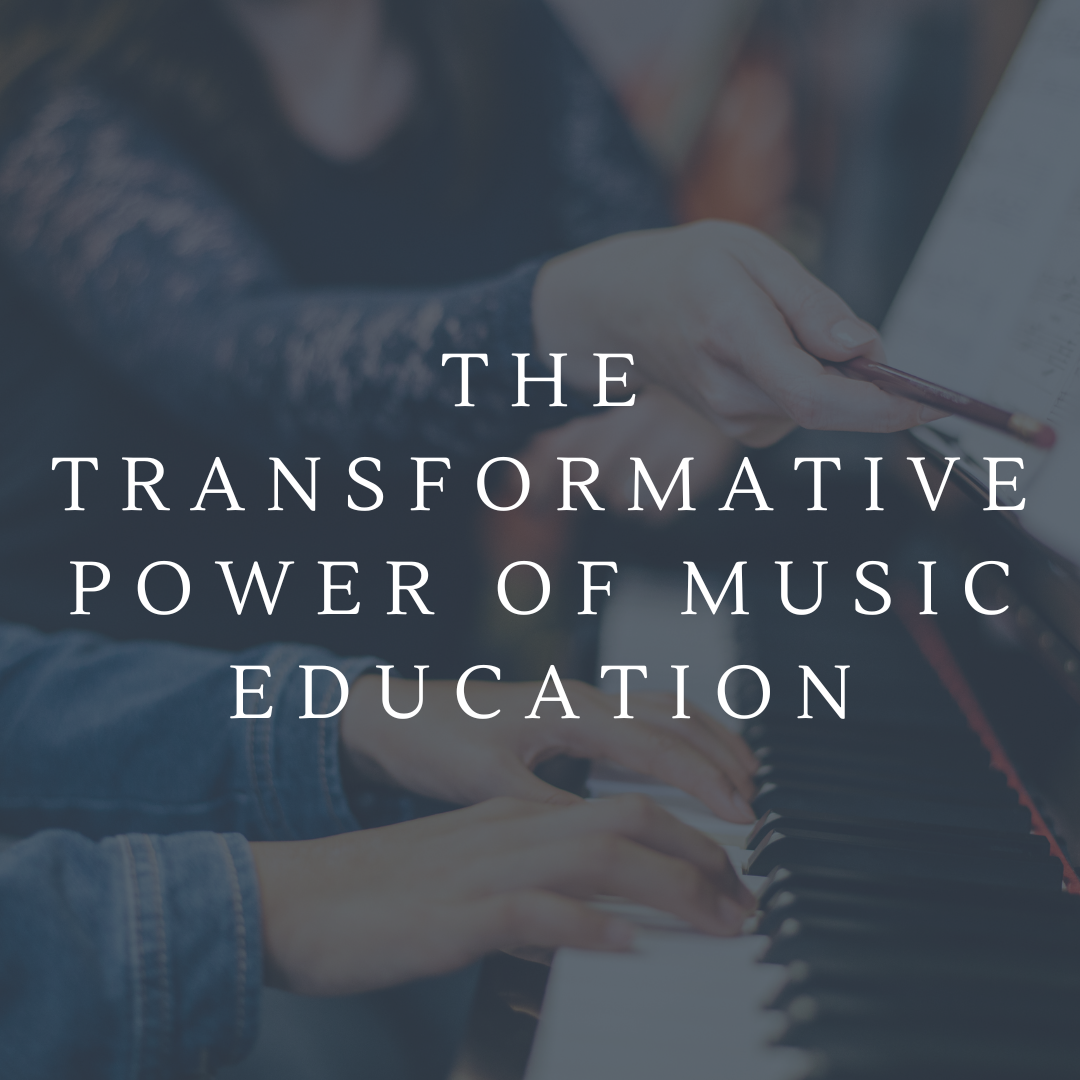
Music education is more than just learning to play an instrument or read notes; it’s a gateway to numerous cognitive, social, and emotional benefits that can profoundly impact a student’s life.
Engaging in music education enhances cognitive functions such as memory, attention, and problem-solving skills. Studies have shown that students who participate in music programs often perform better academically, particularly in subjects like math and reading. Learning music requires the brain to process multiple tasks simultaneously, which strengthens overall cognitive abilities.
Music has a unique ability to express and evoke emotions. Through music education, students learn to manage their emotions, reduce stress, and build self-esteem. Playing an instrument or singing can be a therapeutic activity, providing a healthy outlet for emotional expression and helping students navigate their feelings.
Participating in music ensembles, such as bands or choirs, fosters teamwork and collaboration. Students learn to listen to each other, synchronize their efforts, and work towards a common goal. These experiences build essential social skills like communication, empathy, and cooperation.
Music education has been linked to improved academic performance. Schools with robust music programs often see higher attendance rates and better test scores. Music helps students develop discipline, time management, and perseverance, which are crucial for academic success.
Music education exposes students to diverse cultures and historical contexts. By learning different musical styles and traditions, students gain a broader understanding of the world and develop an appreciation for cultural diversity. This cultural awareness fosters inclusivity and respect for others.
The skills acquired through music education extend beyond the classroom. Students learn patience, dedication, and the value of practice. These skills are transferable to various aspects of life, including future careers and personal endeavors.
Investing in music education is investing in the holistic development of students. The cognitive, emotional, and social benefits of music education create well-rounded individuals who are better equipped to face life’s challenges. Whether through improved academic performance, enhanced emotional well-being, or stronger social skills, the impact of music education is profound and lasting.
By integrating music into the lives of children, we can unlock the full potential of students and enrich their lives in meaningful ways.

Music has long been recognized as a powerful tool for emotional and creative growth. Among all musical instruments, the piano stands out as a gateway to self-expression, cognitive development, and emotional well-being. Whether you're a beginner learning your first melody or a seasoned pianist composing intricate harmonies, playing the piano fosters holistic development in ways that go beyond the keys.

At just 20 years old, pianist Madison Yan is already enchanting audiences with a blend of technical brilliance, emotional depth, and fearless authenticity. We had the chance to sit down with Madison after her standout performance at Northwest Pianos—an event so packed with anticipation, we had to turn people away at the door. (Don’t worry—we’re working on a return performance!)

Moving a grand piano is no easy task. Its size, weight, and delicate components make it one of the most challenging items to transport. Without proper care, you risk damaging the piano’s structure, internal mechanisms, and finish, or worse, injuring yourself or others in the process.